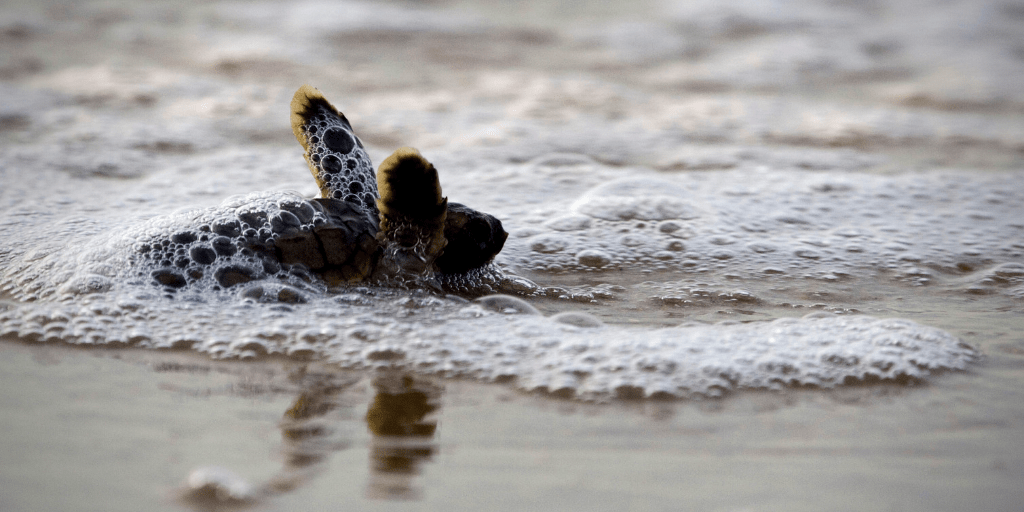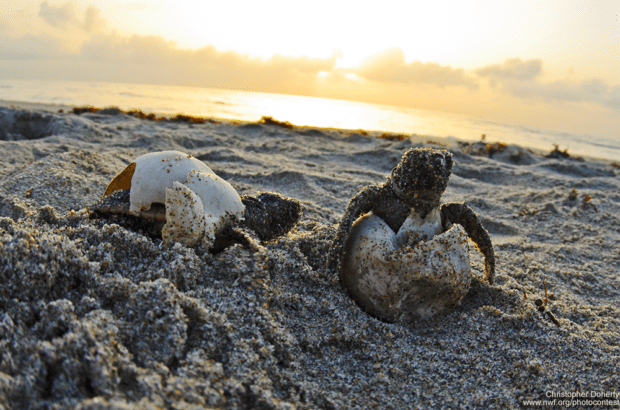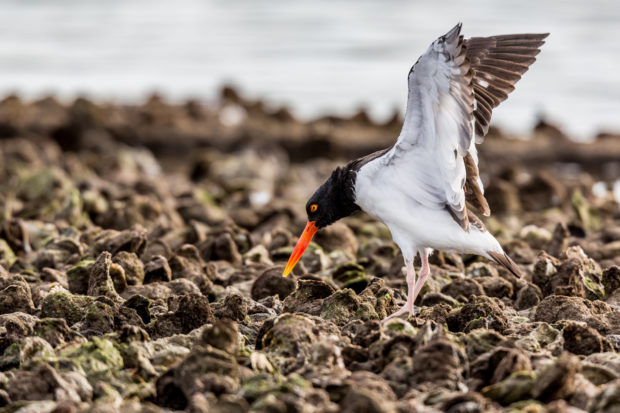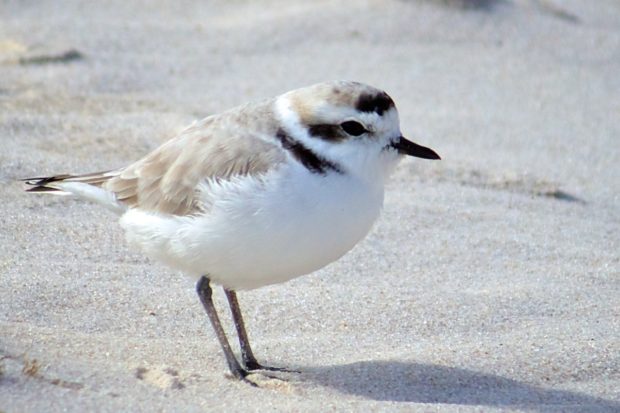We have much more to do and your continued support is needed now more than ever.
Gratitude for Gulf Restoration

Just before Thanksgiving, the National Fish and Wildlife Foundation announced 21 new restoration projects across the Gulf totaling more than $280 million. The projects selected in this round–the sixth for this funding stream–will help us leave our children and grandchildren a lasting legacy.
Where does this money come from? In 2012, BP settled the criminal charges against the company for a then-record $4.5 billion. Criminal penalties typically go back into the Treasury, but the Justice Department had a different idea. The Justice Department structured the settlement so that $2.5 billion from these fines would be dedicated to environmental restoration—with half of the funds headed to heavily oiled Louisiana, and the other half going to the other four states. The money was given to the National Fish and Wildlife Foundation, a federally chartered non-profit, to administer.

For this round of funding, wildlife-lovers will be particularly excited about the projects aimed at helping sea turtles. Florida has the highest population of nesting loggerhead sea turtles in the world and Florida beaches are also important for green and leatherback sea turtles.
Five million dollars will continue efforts to replace bright lights with turtle-friendly lights that help prevent sea turtles from becoming disoriented. Sea turtles often mistake urban lights for the moon and the stars, causing hatchlings to head for the streets, not the surf. Replacing traditional lights on coastal properties with turtle-friendly options reduces the confusion.
Another challenge for sea turtles is predation of their nests. On some beaches, more than half of sea turtle nests end up preyed on by raccoons or other predators—often within hours after the eggs are laid. The Sea Turtle Conservancy has researched how to reduce predation on important sea turtle nesting beaches. This round of funding gives the organization four million dollars to implement this important work in Florida.

We are also excited to see NFWF fund the construction of oyster reefs in east Pensacola Bay. This project will construct 33 individual oyster reefs along approximately 6.5 miles of shoreline. Oysters benefit marine and coastal ecosystems by improving water quality and providing habitat for many fish, birds, and crabs. Oyster reefs also reduce wave energy and protect shorelines, often allowing other important habitats like marshes or seagrasses to grow in the calmer waters behind them. There have been dramatic reductions in oyster populations across the Gulf—so large-scale projects like this one can have system-wide benefits.

The National Wildlife Federation has long supported adding key sections of important wildlife habitat to Bon Secour National Wildlife Refuge. This project will protect and restore 236 acres of wetlands on Fort Morgan Peninsula, an area under significant development pressure.
We are also pleased to see funding for restoration of three critical barrier islands/headlands within the Terrebonne basin: West Belle Headland, Timbalier Island, and Trinity Island. Like many of the Gulf’s barrier islands, these islands are eroding rapidly. Without this project, these islands would have continued to shrink, changing the balance of fresh and saltwater in the wetlands protected by the islands. Ultimately, this would have harmed fish and wildlife populations and left communities at greater risk from storms.
With all the criminal and civil settlements from BP, Transocean, and Anadarko, more than $16 billion is available to help restore the Gulf of Mexico. The decisions regarding this money will be made over the next decade and a half.
The National Wildlife Federation worked for years to ensure these companies were held accountable for their negligence in the Gulf. We are still on the ground making sure that the funds are used wisely to restore the Gulf.
Take Action





















